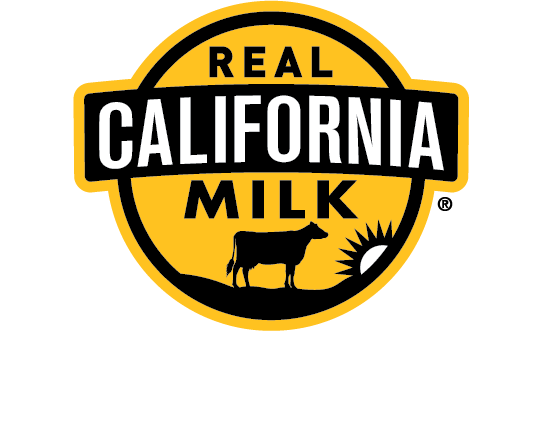Frozen Yogurt
Frozen yogurt provides high-quality protein, riboflavin, calcium and other vitamins and minerals, making it a sweet way to serve nutrition.

Frozen Yogurt Facts
- Frozen yogurt has become a foodservice favorite. It is made by freezing a mixture of pasteurized milk (with or without other milk products), flavorings, seasonings, stabilizers, emulsifiers and lactic acid cultures.
- Frozen yogurt contains live cultures, which are dormant while frozen. Counts vary from 10 million to over 1 billion per gram, depending on the product. Nonfat, lowfat and full-fat varieties of frozen yogurt are available.
- Frozen yogurt may be soft- (as in cones or sundaes) or hard-frozen.
Frozen Yogurt Storage and Handling
- Frozen yogurt is manufactured fresh and then immediately frozen. If kept frozen, the yogurt has a shelf life of up to two years.
- The storage temperature should be kept at about -15°F.
- When delivering frozen yogurt, the containers should be kept close together to minimize temperature change during shipping. The vehicles are generally kept mechanically refrigerated at the same temperatures as in the storage facilities.
- To thaw frozen yogurt, refrigerate at 33°F to 38°F for 72 hours. Use within 14 days from the start of thawing. Once product is thawed, shake well and pour into frozen yogurt machine.
- Once product is in the frozen yogurt machine, shelf life is approximately 5 days.












